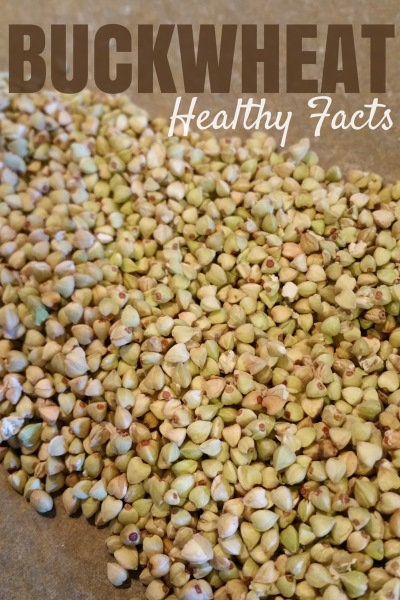 Buckwheat Health Benefits and Facts
Buckwheat Health Benefits and Facts
Although you may now be familiar with Buckwheat due to its surging popularity in recent years, humble Buckwheat has been a highly nutritious staple in the diets of Asians and Europeans for centuries. Keep reading on to learn all about, Buckwheat health benefits and facts.
Buckwheat Health Benefits and Facts
- Buckwheat is not grown from a grass like wheat and other grains, therefore making Buckwheat Gluten Free.
- Buckwheat is known as a Pseudocereal, which means it can be used in the same way as grass seeds such as wheat are used; e.g. for cereals and breads. Other popular Pseudocereals are Quinoa, Chia Seeds and Amaranth.
- The Buckwheat triangular seed is also know as a Groat.
- Buckinis are activated Buckwheat Groats. This means the groats have been soaked and then dehydrated on low heat. See how to make Buckinis
- Buckwheat can be cooked and used in it’s original Groat form, milled into flour for gluten-free baked goods and made into tasty, gluten-free noodles & pasta. You can also have Buckwheat Tea and Buckwheat Honey and Buckwheat is also used to make Gluten-Free Alcoholic Beverages.
- Buckwheat Sprouts are often eaten or juiced in a raw food diet, but caution should be taken not to consume too many, as they contain a natural toxin called Fagopyrin, which causes hypersensitivity to the sun. Read about health benefits of sprouting seeds.
- Kasha is a Russian/Polish recipe for toasted then boiled, Buckwheat Groats and it is a great healthy alternative to rice and pasta.
- Buckwheat has also been used in it’s various forms since ancient times in Asia.
- In winter you can grow Buckwheat as a green manure crop to feed the soil of your veggie patch.
The Health & Nutritional Benefits Of Buckwheat
Buckwheat has until recently been underrated as a healthy wholefood. The truth is Buckwheat is loaded with good nutritional benefits that help us maintain optimal health.
- Buckwheat is a great source of dietary fiber and is very low in fats and is considered a low G.I wholegrain.
- Buckwheat is a decent source of ‘complete protein’, making it a great addition to a vegan diet, along with Quinoa, Hemp Seeds, Chia Seeds and Soy.
- Buckwheat contains high amounts of B2, B3, B5, and lesser amounts of B1, B6 & B9. It also contains Iron and Calcium.
- Buckwheat is a good source of Manganese, Magnesium, Copper and Phosphorous.
- Recent scientific studies have shown Buckwheat to be very beneficial in controlling blood sugar levels in Diabetics and promoting cardiovascular health, by helping to prevent high blood pressure and high cholesterol. See a summary of a clinical study done in China here and a report of Buckwheat’s role in the diets of Diabetics here
- Buckwheat is a natural Prebiotic.
- Buckwheat Honey has been shown in a small study to reduce coughs better than over the counter cough suppressants in children – read more here
Yes You Can Be Allergic To Buckwheat
Just like anything whether healthy or not, some people will have allergies to Buckwheat and in Europe they are recommending allergists test for Buckwheat allergies – see clinical report here.
Before you leave, if you enjoyed this article sign up to LivingSafe and stay informed! LivingSafe helping you live healthier & safer.
Interesting Reading
Quinoa Health Benefits – Quinoa Complete Protein
Raw Coconut Oil Health Benefits And Uses
The Reasons Why We Need Salt In Our Diets
Chia Seeds, Are They Really A Super Food? Healthy Chia Seed Facts
Hemp Seed & Hemp Oil Health Benefits – Including A Hemp Milk Recipe & Hemp Smoothie Recipes
Green Food Health Benefits – Find Out Which Green Foods We Should All Be Eating & Drinking.
Leave a Reply
You must be logged in to post a comment.